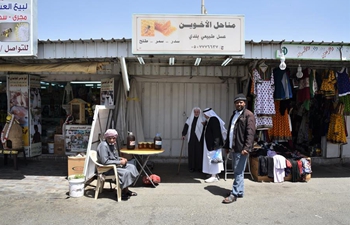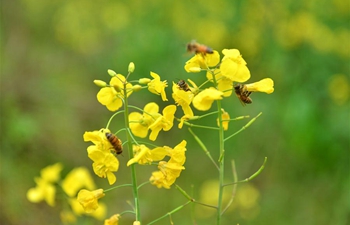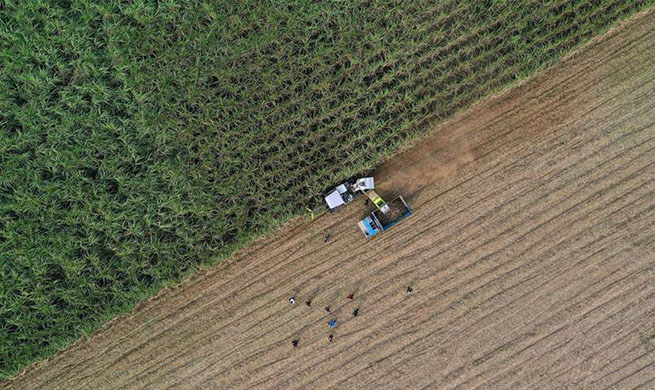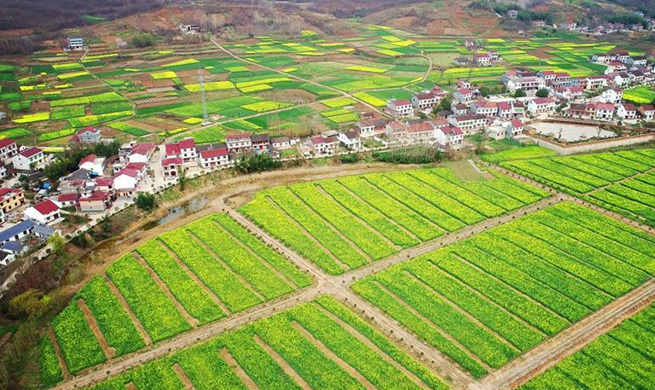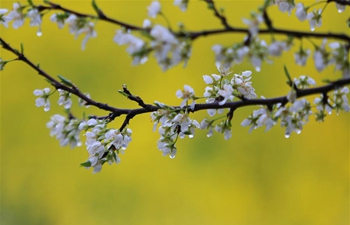by Raimundo Urrechaga
HAVANA, March 20 (Xinhua) -- Despite a sharp setback in its domestic harvest due to lack of resources and inefficient planning, Cuba still fulfilled its sugar exports, one of the island's traditional products, to various markets worldwide.
"The country's export plan to China and various nations in Europe hasn't been affected and we have complied so far. Also, domestic consumption is guaranteed," Lourdes Castellanos, international relations director for AzCuba, the island's state group for sugar production, told Xinhua.
The current sugar harvest, which began last November, has only reached 82 percent of its plan through the end of February with only two months remaining in the harvest.
The Caribbean nation expects to produce 1.5 million tons overall and export about 920,000 tons this year, a nearly 50 percent increase from 2018, said Cuban Economy and Planning Minister Alejandro Gil during a parliament meeting last December.
Castellanos said AzCuba has not given up on the overall plan, as material resources recently arrived on the island which could increase production.
"Among the difficulties are interruptions and broken generators and boilers in the industry as well as the late arrival of imported parts, rain in some areas of the country and efficiency problems," the AzCuba official added.
Other products derived from the industry like rum, honey, biostimulants and alcohol are fulfilling the export plans, she said.
The industry is also facing some first-hand challenges for next year's harvest due to financing and cash constraints to import spare parts for the aging mills, added Castellanos.
During an industry meeting last week, AzCuba President Julio Andres Garcia said more than 35,000 hectares of sugar cane were not planted during this harvest, which represents about 1.5 million tons of raw material used to produce sugar.
Cuban President Miguel Diaz-Canel at the same meeting stressed the importance of sugar production for the Caribbean country. It is not only a key export item, but also helps generate jobs, electricity and animal feed, he said.
"We have to face the difficulties confronted in this harvest and take advantage of the two months left by reprogramming mills, improve yields and increase efficiency," he said.
Diaz-Canel said Cuba will continue to uphold its sugar production despite difficulties and it must be scaled according to appropriate outputs for exports and internal demands.
The Cuban leader said the industry should work in two directions to increase efficiency and incomes.
"We must improve results in the remainder of this sugar season and organize the future harvest, for which a working group should be created that comprehensively analyzes the problems and proposes solutions," he said.
Sugar was long Cuba's most important industry and export item, whose output reached 8 million tons in 1991. It now ranks behind sectors such as medical services, tourism, biotechnology and premium cigars.
Traditional markets of Cuban sugar include Indonesia, China, Kazakhstan and Uzbekistan in Asia, Russia and Belarus in Europe, Lebanon in the Middle East and Peru in Latin America.


